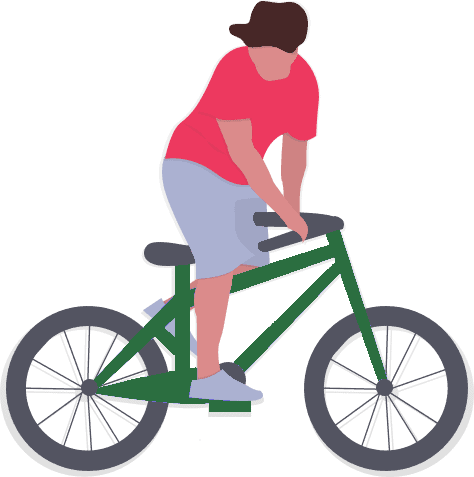The ISPAH Early Career Network (ECN) is a network of self-defined “early career” researchers and practitioners. The aim of the network is to foster the interaction, capacity and growth of early career professionals in physical activity and public health.
Our main objectives are to:
Facilitate connections between early career ISPAH members with opportunities to collaborate and network
Build capacity and key skills (e.g. in research methods, policy engagement and career development) among early career ISPAH members through interactive capacity building sessions and conference activities
Enable informal mentoring and peer support for early career ISPAH members through connections with other ECN members and leaders in the field of physical activity and public health
Enable ISPAH ECN members to share their research by regularly profiling our members on the ISPAH newsletter and webpages
Organise meaningful networking, education and mentoring events at major international conferences.

The Early Career Network is proud to announce a grant scheme to support ISPAH early career professionals with knowledge translation (KT) projects.
It’s important that valuable research on physical activity is available to those who can put the information into practice. KT can bridge the research-practice gap.
Early career professionals may lack the skills, support or funding to fully engage with relevant media technology, professional services, or training. Therefore, ISPAH Early Career Network is providing small grants to early career members to fund KT activities.
KT plays a key role in the Global Action Plan on Physical Activity (GAPPA), which advocates translating and presenting evidence urgently. We hope that extra financial support will help Early Career Professionals work towards GAPPA’s objectives. We have previously published a commentary paper on the role of Early Career Professionals with the GAPPA.
The grant scheme will fund KT for physical activity projects and the call for applications will close 23 November 2020. For example, funds could be used for:
Although KT can be used to disseminate research at academic conferences, funds will not be awarded for activities related to conference attendance such as travel, poster printing, and registration etc.
Three awards of a maximum of $250 (USD) are available. Funding is available for projects which fulfil the following criteria.
Mandatory criteria:
Desirable criteria:
Applications will open on 26th October – apply here!
If you have any questions about the application procedure or the small grants, please contact [email protected].
Click on the button below to view 9 tips from Dr Catherine Draper (University of Witwatersrand) and Ben Higgs (Rise Foundation).


